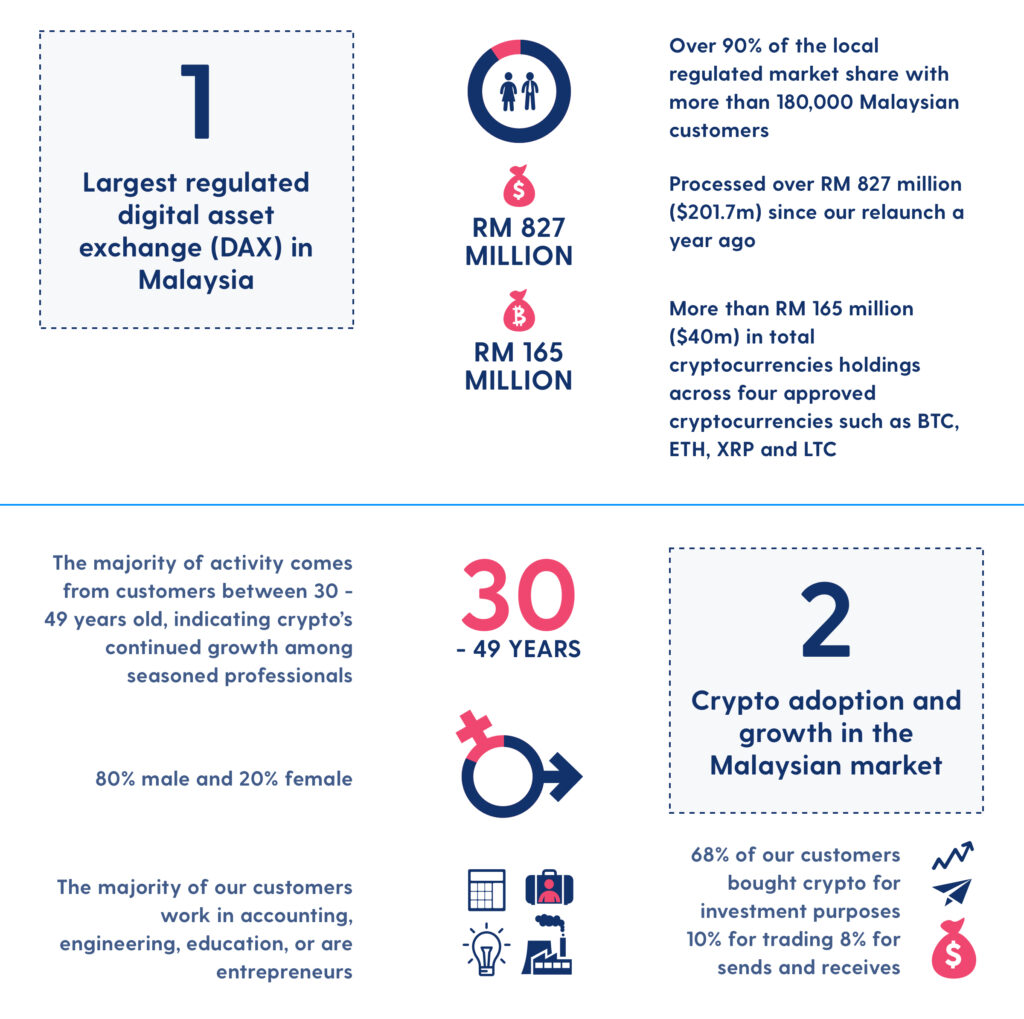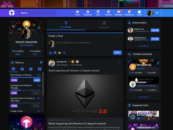
Luno Claims Crypto Exchange Top Spot in Malaysia with RM 827 Million in Transactions
by Fintech News Malaysia November 24, 2020Luno, the first Securities Commission-approved digital asset exchange in Malaysia, announced today that the company has processed over RM 827 million worth of transactions in Malaysia since its relaunch in 2019.
Claiming it is the largest digital asset exchange in Malaysia, Aaron Tang, Country Manager, Luno revealed that they have more than 180,000 users and over 90% of the local regulated digital asset exchange market share. The data excludes trading volume from unregulated crypto exchanges which are also relatively popular among Malaysian crypto investors.
He said that Luno stores more than RM 165 million on behalf of its customers across four approved cryptocurrencies — Bitcoin (BTC), Ethereum (ETH), Ripple (XRP) and Litecoin (LTC).

Aaron Tang
Aaron Tang further added,
“It is very encouraging to receive such a great reception from Malaysian customers. Investments in cryptocurrency have been increasing steadily in Malaysia with many investors looking to cryptocurrencies as a good store of value or a start to their investing journey. On Luno, 68% of users buy cryptocurrencies for investment purposes as they look for alternative investment vehicles to diversify their portfolios.”

He also noted that it was interesting to see that majority of activities on its platform comes from customers who are aged between 30 – 49 years old, contrary the belief of some who thinks that crypto investors are primarily Gen-Zs and young millennials.
In September 2020, Luno was acquired by New York-based Digital Currency Group (DCG). With the backing of DCG, the company hopes to fulfill its vision of upgrading the world to a better financial system. Among other updates on Luno are new trading signals in partnership with a blockchain intelligence company IntoTheBlock, an improved trading view on the desktop application and the recently introduced stop-limit and market orders. In addition, Luno has expanded its cryptocurrency offerings in Malaysia from BTC and ETH (during its relaunch) to adding XRP and LTC.
Aaron also revealed that Luno is looking to roll out a digital assets savings feature, which is currently undergoing regulatory review.







